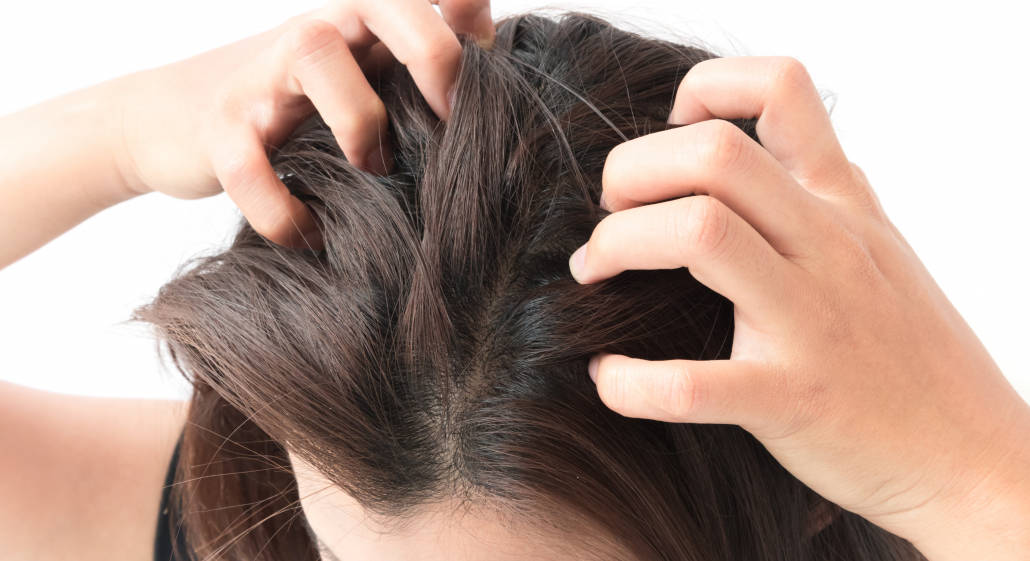5 Ways To Deal With An Itchy Scalp After A Hair Transplant
Unfortunately, an itchy scalp after a hair transplant can be an unpleasant side effect of the procedure. It’s exciting that you took your first step toward hair restoration, but the itchiness can be annoying, especially since you’re not allowed to scratch your head.
There are five different ways to deal with an itchy scalp after a hair transplant, including a mix of at-home remedies and medications. Please note that you should always check with your surgeon before starting one of these remedies for controlling the itch.
We’ll explain why your scalp itches after a hair transplant, the five different remedies for an itchy scalp, and when the itchiness should stop.
Why Does My Scalp Itch After A Hair Transplant?
If you had a follicular unit transplantation (FUT) or a follicular unit extraction (FUE), either way, you would have wounds on your scalp. And just like any wound, cut, or scrape, your body begins to heal naturally, and with healing comes itching.
During the hair transplant, there may be bleeding, depending on the procedure. So when your blood clots, a protective scab forms over the wounds, blocking out bacteria and anything else harmful that could cause an infection.
Additionally, you may experience some swelling. That is your body’s immune system responding to the wounds, sending white blood cells to repair the cuts and to grow new skin. This is the time in the healing process when your scalp will begin to itch, and eventually, the protective scabs will fall off.
5 Ways To Deal With An Itchy Scalp After A Hair Transplant
It can be tough not to scratch your scalp, but it’s critical not to do it. If you scratch your scalp, you are opening yourself up to a possible skin infection, or worst yet—you could damage or pull out your transplanted follicles.
Here are 5 ways to deal with an itchy scalp after a hair transplant:
1. Salt Water Spray
Using a saltwater spray is one way to stop the itch after a hair transplant. A surgeon will usually recommend a saltwater spray anyway because it will help nourish the hairs after the procedure, but it can also help reduce the amount of itching. If you use a saltwater spray, make sure the water comes out evenly as a spray and not a single jet, as this can damage the newly transplanted hairs.
2. Antihistamines
Taking an antihistamine, such as Benadryl, Allegra, or Zyrtec, could also help relieve an itchy scalp. There are various antihistamines you can purchase and ones that are non-drowsy so you can continue your daily activities.
3. Medicated Shampoos
If you have an itchy scalp that lasts for more than two weeks, a medicated shampoo may be able to provide comfort. Using a Ketoconazole shampoo a few times a week can help curve the itchiness.
4. Steroid Cap Solution
This is for rare cases when you experience itchiness beyond 3-4 weeks. Your doctor may prescribe this solution, and it should clear up itchiness within a week. It can also clear up any remaining inflammation.
5. Drink water and avoid itch-inducing activities
Treat yourself like you were healing from any other kind of procedure. It’s essential to drink plenty of water and avoid smoking and alcohol. Also, avoid direct sunlight, swimming, and hot baths.
Again, please be sure to consult with your surgeon about which remedy is the best for you.
How Long Does The Itching Last After A Hair Transplant?
The good news is that the itching after a hair transplant lasts about one week for most people. The worst days are 4-5 days after the procedure because you cannot wash your hair. Once you get to a point when it’s safe to wash your hair, this will significantly reduce the itching.
Only in rare cases should itching last up to four weeks. However, if you continue to itch after the first week, please be sure to consult your surgeon.
Hair Transplants at Cendant Stem Cell Center
At Cendant Stem Cell Center, we have experienced and skilled surgeons ready to help you with your hair restoration goals. We’ll work with you to determine which procedure is the best for you, including if you’re a possible candidate for stem cell therapy for hair loss. If you would like to learn more and schedule a consultation, please get in contact with us today.
Do you have questions?
We have answers. Speak with a Cendant Care Coordinator today with no obligation. Give us a call!






